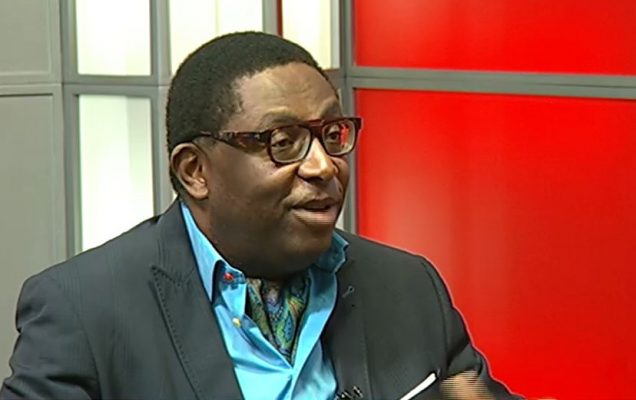Nigeria’s external debt servicing costs soared by 38% in the first nine months of 2024, totaling $3.53 billion, compared to $2.56 billion during the same period in 2023. This was revealed in the Central Bank of Nigeria (CBN) International Payment Data published on its website.
The sharp increase highlights the growing fiscal pressures on Nigeria’s economy, exacerbated by declining revenues, inflation, and currency depreciation.
A month-by-month breakdown of the data illustrates the escalating costs. In January 2024, Nigeria spent $560.52 million on external debt servicing, a dramatic rise from $112.35 million in January 2023. February saw $283.22 million in payments, slightly lower than the $288.54 million recorded in February 2023.
March 2024 showed a decline, with Nigeria spending $276.17 million, down 31% from $400.47 million in March 2023. In April, however, debt servicing costs jumped to $215.20 million, a 132% increase from $92.85 million in April 2023.
May 2024 saw the highest monthly expenditure of $854.37 million, a staggering 287% increase from $221.05 million in May 2023. Conversely, June 2024 recorded a slight dip to $50.82 million, compared to $54.36 million in June 2023.
The trend remained mixed throughout the second quarter. In July 2024, debt servicing fell to $542.50 million, a 15% decrease from $641.69 million in July 2023. August 2024 followed with a 10% reduction, as $279.95 million was spent, down from $309.96 million in August 2023. However, September 2024 saw an uptick, with Nigeria spending $515.81 million, a 17% rise from $439.06 million in September 2023.
The cumulative data underscores the significant rise in Nigeria’s debt burden. While the country spent $2.56 billion on external debt servicing in the first nine months of 2023, this figure climbed by $970 million to $3.53 billion in the same period of 2024.
Tilewa Adebajo, Chief Executive of CFG Advisory, expressed concern about the sustainability of Nigeria’s growing debt obligations. “The debt profile is too high and unsustainable. The federal government must implement policies to stimulate economic growth and create jobs to address these challenges effectively,” Adebajo stated in an interview with THISDAY.


